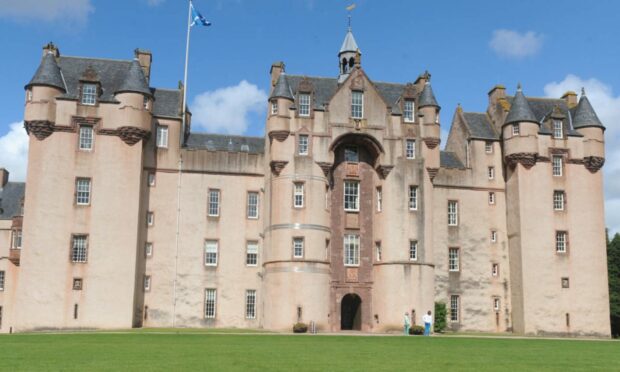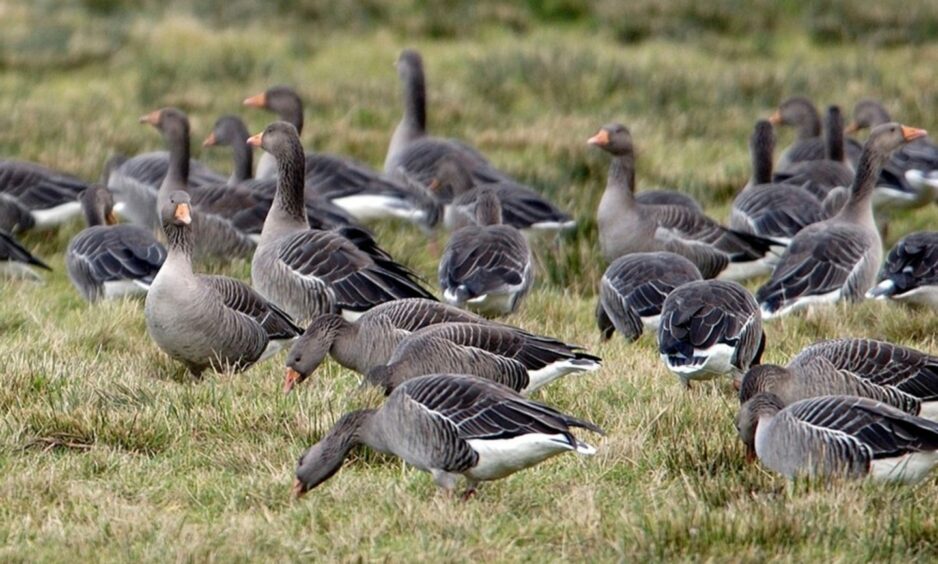An outbreak of avian flu has been confirmed at the Fyvie Castle estate.
A case of the HSN1 strain was identified at the Aberdeenshire estate following monitoring by the North East Ranger Team.
A small number of birds, mainly Greylag Geese, have been affected so far.
The National Trust for Scotland estate remains open to the public although some paths may have to be temporarily closed to minimise the impact.
Any visitors who come across a dead bird or one that is behaving strangely are asked to not touch it, as well as avoiding wild bird feathers and dropping.
It is also advised that walkers clean their shoes before and after visiting the area to prevent further transmission.
Continuing to monitor
The North East Ranger Team is in regular contact with Defra and following all appropriate guidance to protect the country’s bird population.
Vivian Bisset, a National Trust for Scotland ranger, said: “Like everyone working with wildlife this year, we have been closely watching our birdlife to see how avian flu may affect other bird species over the autumn and winter.
“Sadly, we now have a small number of confirmed cases at Fyvie Loch. We’ll continue to monitor and report on any cases, so we can add to the understanding of this disease and how it’s impacting on our wild birds.”
Rising number of cases
The National Trust for Scotland previously reported on the impact of avian flu at its coastal and island locations, with great skua, gannets and guillemots all affected.
Throughout the winter months, more species are becoming infected, including the Greylag Geese at Fyvie Loch.
Last month, the fifth case of bird flu in Aberdeenshire was detected at Muirden Farm near Turriff.
Outbreaks over just two weeks in November impacted more than 120,000 birds in the Banff and Buchan area alone.
As a result of the continuing rising numbers, the majority of the Deveron Valley – from Huntly to Portsoy – has been placed under a strict protection zone.


Conversation